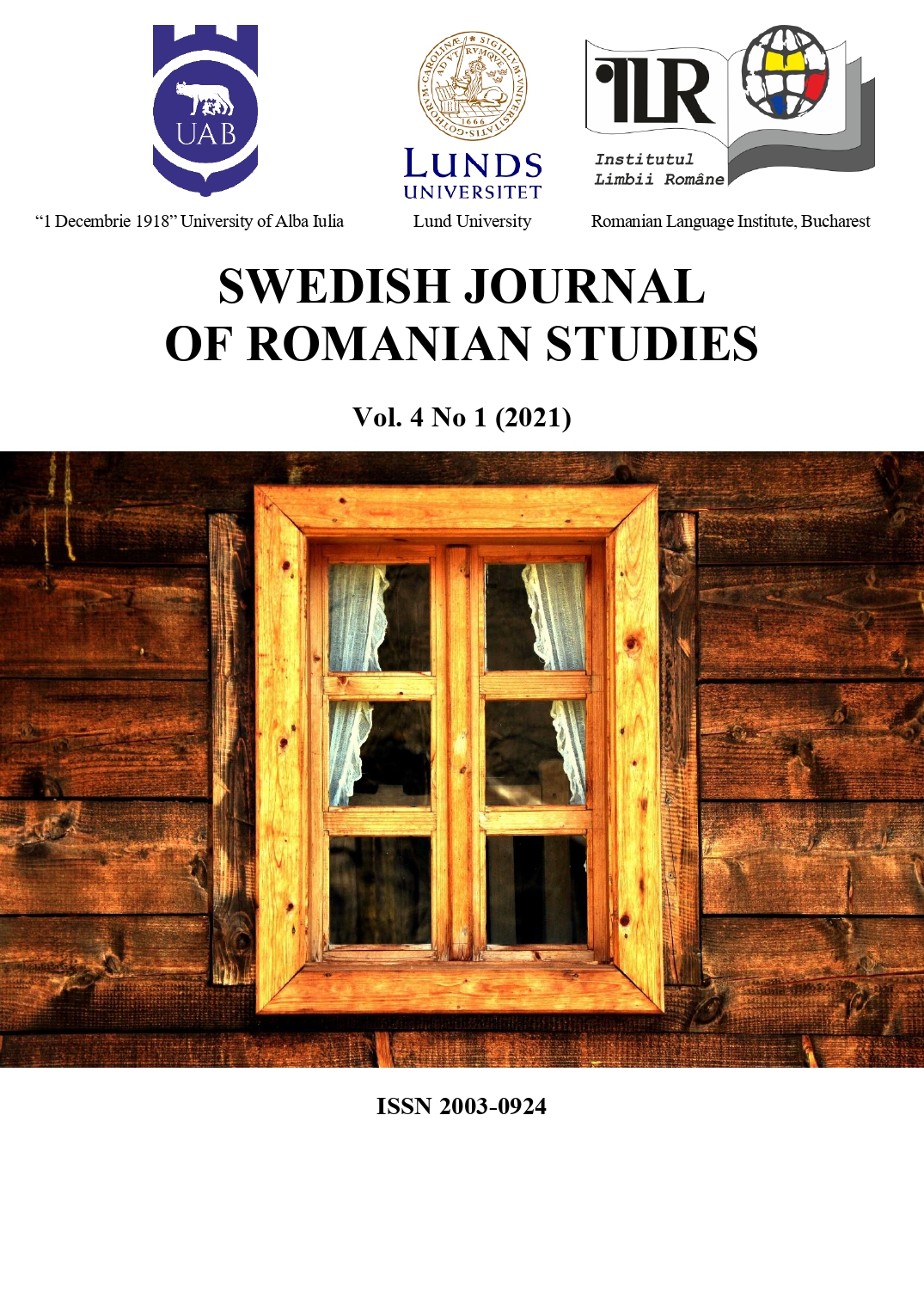Memories from the future: constative and performed identities in ideologized spaces
Memories from the future: constative and performed identities in ideologized spaces
Author(s): Felix NicolauSubject(s): Cultural history, Comparative history, Political history, Social history, Nationalism Studies, Transformation Period (1990 - 2010)
Published by: Språk- och litteraturcentrum, Lunds Universitet
Keywords: Southeast Europe; communism; post-communism; corruption; authoritarianism; totalitarianism;
Summary/Abstract: Although communism was a Western creation its last consequences were implemented in southeastern Europe. In addition to the imposed aspects, there were local enthusiasms and excesses of zeal (euphemistically speaking), which attest to the existence of an identity matrix and a common mentality. Countries with an authoritarian tradition have absorbed this ideology of simultaneous denationalization and supra-nationalization to the deepest. And after the fall of the Iron Curtain in 1989, the Southeast European space preserved mass nostalgia: Stalin, Tito and Ceausescu are still guardianship figures for many of various social categories. Imperialist stability and/or glory are two of the most important reasons for forgetting communist terror. The research tries to identify and analyze the sources of historical instability that has an impact on the post-communist present - the communist heritage still looming large-, as well as to demystify certain stigmas unconditionally applied to Southeast European civilizations: corruption, laziness, negative Balkanization, frivolity and lack of consistency. This is a selective overview which aims to decant common mentalities of synchrony in relation to diachrony.
Journal: Swedish Journal of Romanian Studies
- Issue Year: 4/2021
- Issue No: 1
- Page Range: 173-186
- Page Count: 14
- Language: English

